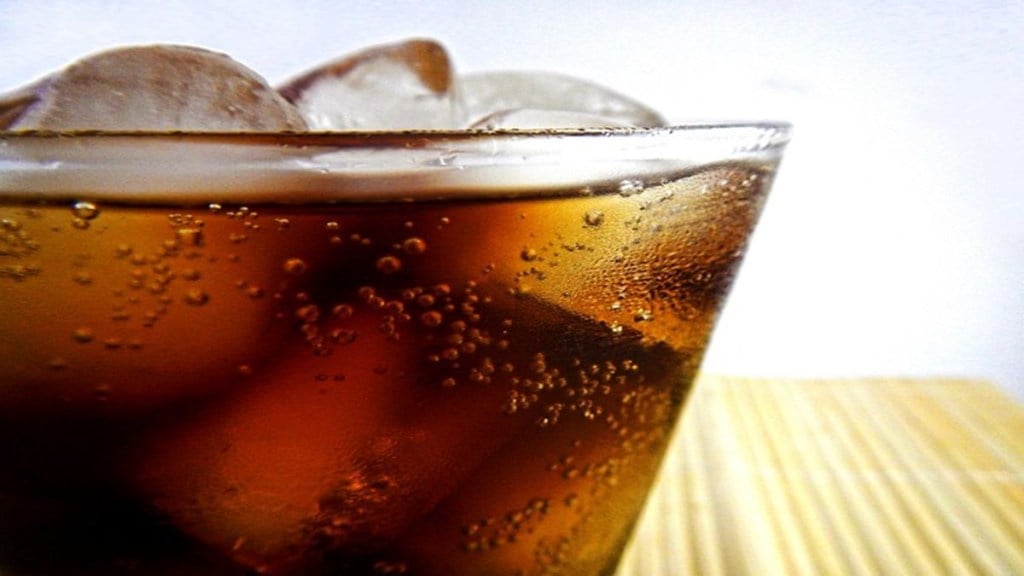As more and more people are now aware adverse effects of refined sugar, alternative sweeteners have become increasingly popular. But are they safe? Well, a leading global health body is set to declare Aspartame, one of the world’s most common artificial sweeteners is set to be declared a possible carcinogen next month.
From Coca-Cola diet sodas to Mars’ Extra chewing gum, Aspartame is used as a sweetener in many food and beverages. Now, the International Agency for Research on Cancer (IARC) which is the cancer research arm of the World Health Organization (WHO), will list this sweetener in July as “possibly carcinogenic to humans” for the first time.
According to a report by Reuters, The IARC ruling, finalised earlier this month after a meeting of the group’s external experts, is intended to assess whether something is a potential hazard or not, based on all the published evidence.
However, the ruling does not take into account how much of a product a person can safely consume. In the past, many such rulings led to increased concerns among consumers, which eventually resulted in lawsuits, and pressured manufacturers to recreate recipes and swap to alternatives.
Moreover, the WHO committee on additives, is also reviewing aspartame use this year. It is noteworthy that the committee has has said aspartame is safe to consume within accepted daily limits since 1981.
What is Aspartame?
Aspartame is an artificial non-saccharide sweetener 200 times sweeter than sucrose. It is commonly used as a sugar substitute in several foods and beverages. Aspartame has been extensively studied for years. Last year, an observational study, conducted in France, among 100,000 adults showed that people who consumed larger amounts of artificial sweeteners – including aspartame – had a slightly higher cancer risk.
In the early 2000s a study from the Ramazzini Institute in Italy reported that some cancers in mice and rats were linked to aspartame. Globally, Aspartame is authorised for use globally by regulators who have reviewed all the available evidence. According to Reuters, major food and beverage makers have for decades defended their use of the ingredient. The IARC said it had assessed 1,300 studies in its June review.
In 2015, Pepsico removed aspartame from sodas, bringing it back a year later, only to remove it again in 2020. Last month, the WHO published guidelines advising consumers not to use non-sugar sweeteners for weight control.
What lies ahead?
WHO’s two groups—IARC and the Joint Organization Expert Committee on Food Additives, or JECFA—are currently reviewing Aspartame.
Last week, the IARC concluded a meeting in France, and JECFA was scheduled to meet from June 27 to July 6 to update its risk assessment of aspartame. Reportedly, it will also review how much can be safely consumed.
The result of both evaluations would be announced on July 14. According to a report by Reuters, the IARC ruling had been “finalised earlier this month”, based on a review of all published evidence.
The Reuters report noted that past IARC rulings have “raised concerns among consumers about their use, led to lawsuits, and pressured manufacturers to recreate recipes and swap to alternatives”. This, the report said, “has led to criticism that the IARC’s assessments can be confusing to the public.








